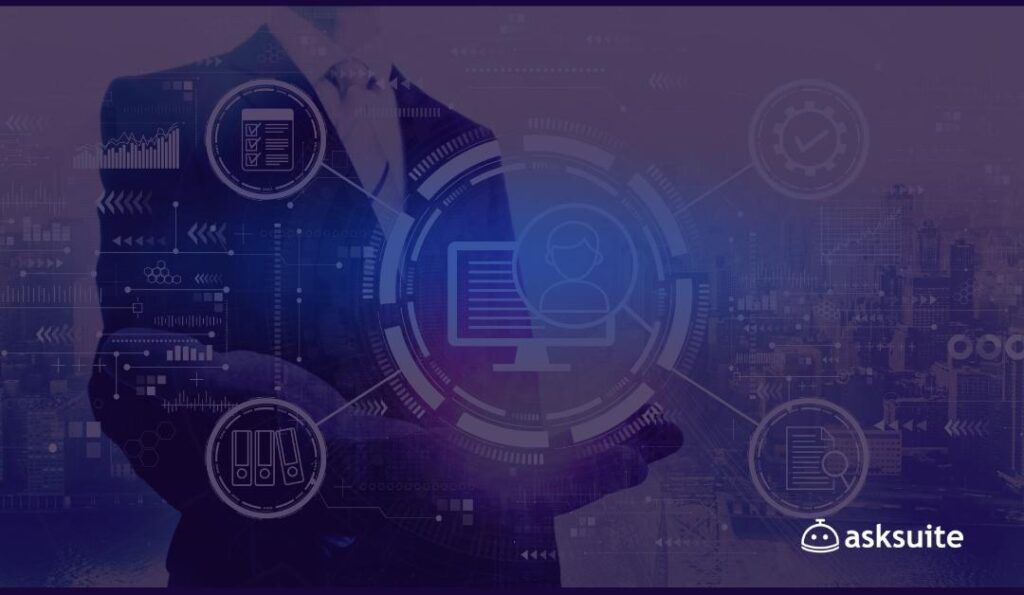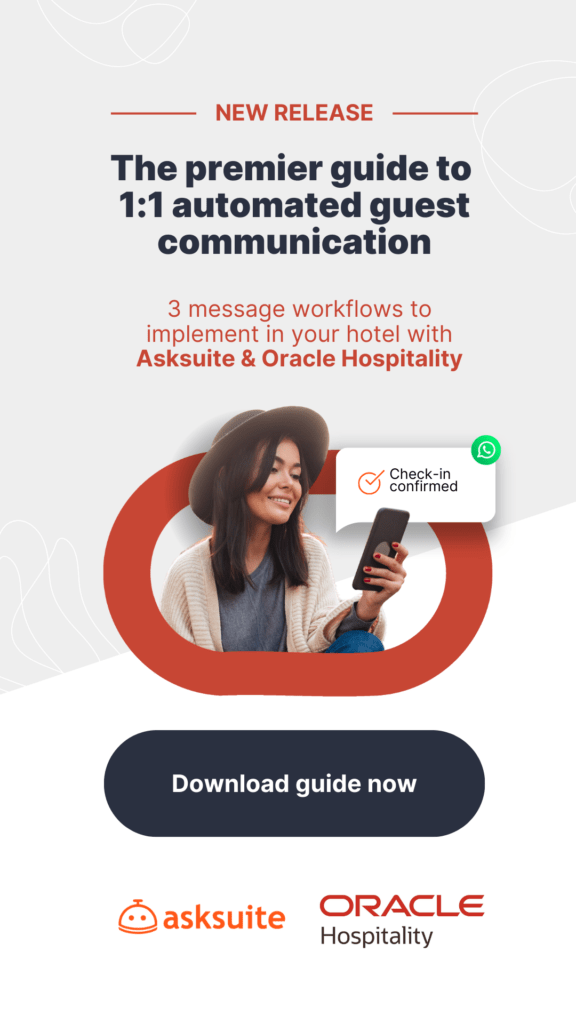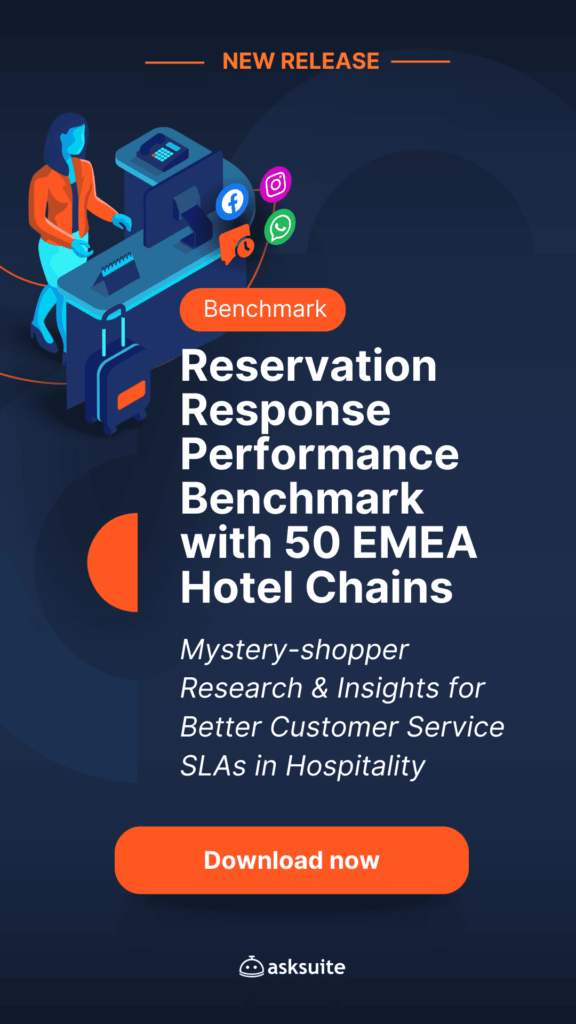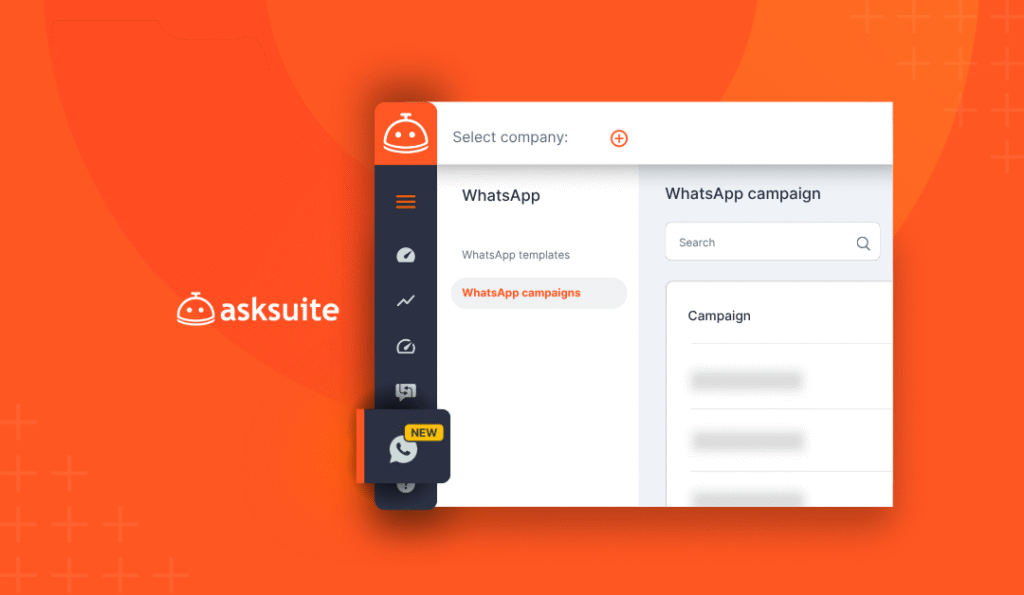Hotel management systems are supporting tools for a sector that demands speed and assertiveness in scenarios that are frequently changing. With these technologies, hoteliers gain time, and better organization, and are able to professionalize the management of the lodgings.
Nevertheless, many hotel professionals associate the word “automation” with something bad. But the automation of processes is exactly what makes hotel systems a productive tool. These systems share the same starting point as other technologies: automation of the operation.
We have, on one hand, paper and pen and countless lines and columns in Excel sheets. On the other hand, we have hotel management systems built specifically to do these tasks for you.
Here are the top 5 hotel management systems essential to any lodging:
1. Property Management System (PMS)
Let’s start with PMS or Property Management System. This is the most complete system. It has possibilities of integration with other systems, like CM and booking engines.
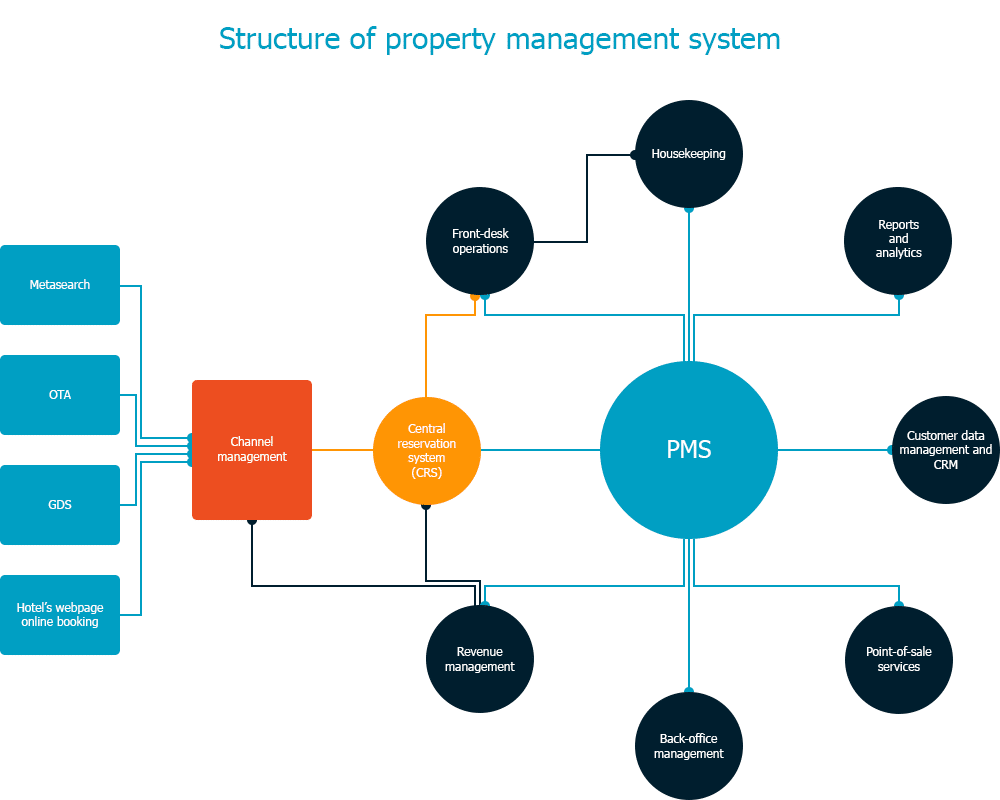
The model above by Travel Daily Media exemplifies the overall structure of a PMS. There are several companies that sell hotel management systems, with a variety of complexity and structure. Some PMS systems have more functionalities, others are leaner.
The basics of a PMS are reservation status, control panel, and management of allocation. In terms of layout, the PMS looks like a calendar, with all booking details: guests’ names, booking dates, room prices, the period of stays, and more.
What you can see in the image above of the overall structure is that the PMS is not integrated with the Channel Manager (CM) of the lodging, but with the Reservation System, which takes care of direct bookings and booking engines. The function of the CM is more specific, and I will explain it later in the text.
2. Channel Management System (CMS)
A traveler has just arrived at your hotel, without a reservation. There is a standard room available and the front-desk agent booked it for this new guest. The agent’s next step will be to fill in the guest’s information in the PMS, which will update the room inventory of the hotel in the Central Reservations System (CRS).
If the CRS is integrated into the CM, and we recommend that it is, the update is done automatically in all sale distribution channels of the hotel, all OTAs sites, and other channels.
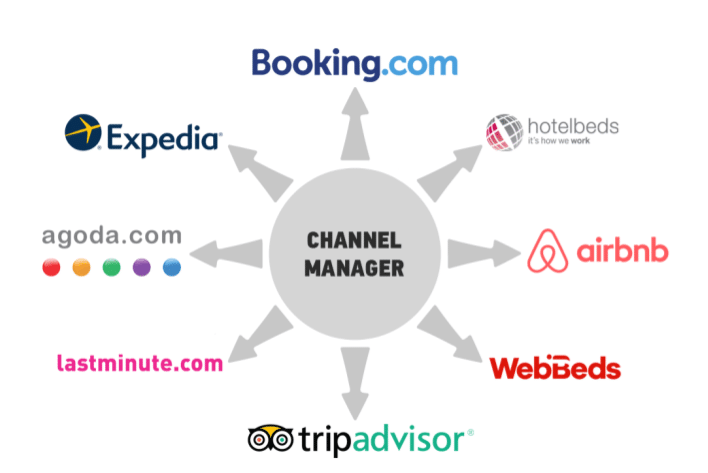
Source: Cosmores
Therefore, what the Channel Manager does is update all the hotel’s allocations simultaneously in different distribution channels. Instead of having to access each one of them manually (every OTA site), the CM simply does that for you!
And the opposite is also true. When a traveler books a room through Booking, for example, the availability is automatically updated in your reservation system.
To make it simple: Chanel Manager is a hotel system that automates the management of rates, availability, and bookings in every online sale channel that the hotel works with. This is the main system that prevents your hotel from overbooking and rate fluctuations.
3. Online Booking Engine
Direct bookings are crucial to the financial health of a hotel. It’s a basic principle of revenue management. To depend heavily on OTA’s sales is like cutting your own throat!
A good online booking engine on your hotel website will provide more independence and control over your own room inventory, decreasing the amount of commission paid to online agencies, like Booking.
Yet, it’s not every online booking engine that will help you boost direct bookings. It is important that this tool be integrated into other hotel management systems, like the Channel Management and the Central Reservations Center.
The booking engine, despite being the main entrance to the hotel website, can also be accessed by the traveler through different platforms, like a virtual assistant. You should have in mind that a big portion of your online traffic is through mobile.
For this reason, make sure that your online booking engine is optimized for smartphones.
Don’t forget the online reservations made through social media and messaging applications.
4. Customer Relationship Management (CRM)
The hotel industry is multichannel and every day hundreds of travelers get in contact through phone, text applications, and other online communication channels. With customer relationship management, the hotel can collect, organize, and visualize all travelers’ data, all in one single system.
The system is able to send emails, create an intelligent data basis of clients, segment guest profiles, do satisfaction surveys, and many other activities.
5. Revenue Management System (RMS)
Revenue strategies for hotels are a complex operation. The rates in hotels are volatile: depends on the time of the year, if it is low or high season, city events, and other scenarios that are hard to predict.
For example: is it more lucrative to close a reservation with the highest rate or to close two daily rates with a lower rate? The answer is: it depends.
To help hoteliers make this kind of decision without sinking into numbers, graphics and more numbers that don’t even make sense, the revenue management system (RMS) can do this analytic work for you.
The RMS can predict rates and help you control room inventory. Furthermore, if integrated into the hotel PMS, price recommendations are given in real-time, taking into account the check-in and check-out of the guests, period of stay, cancellations, and more.
Not ready to adopt technology and still using Excel sheets to organize your revenue management data? We can help! In partnership with RM HUB, we put together 5 Must-Have Revenue Management Checklists for hotels: Daily Checklist, Weekly Checklist, Monthly Checklist, Quarterly Checklist, and Annual Checklist.
Bonus: What about customer service?
We explained the main hotel systems available to professionalize the management of a hotel. All hotel systems are used for internal control of sales, marketing, and distribution.
The CRM, for example, takes care of the relationship with the client but does not mistake it with guest service. On the opposite, both are complementary.
For instance, imagine you have a live chat or virtual assistant. Behind these chats, we have an online service platform. This platform can be omnichannel, which means that all communication channels to travelers are centralized. In other words, you can follow all communication with guests on social media, messaging apps, or hotel webchat on one single screen.
Besides, through these channels, it is possible to capture leads to be included in your potential client list of your CRM.
Do you want to learn how hotels are performing in customer service, sales, and reservations? Asksuite’s 2022 Report offers an insider’s view with data shared by hoteliers worldwide. Download now. It’s free!
Automating hotel management with hotel systems
Those are some of the hotel systems that are essential for hotel management, inns, and resorts. You need to remember that one of the foundations of those systems is the 100% online management of the hotel operation. Therefore, it is possible to access the control panel of the software anywhere.
Like the post? Leave your comment!
